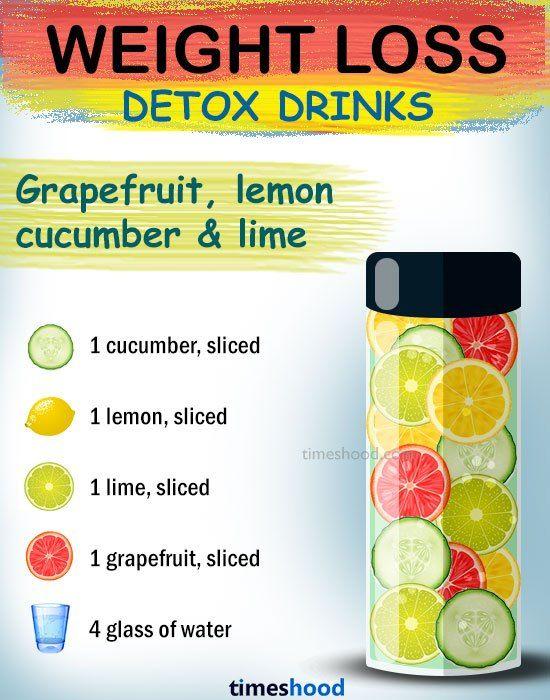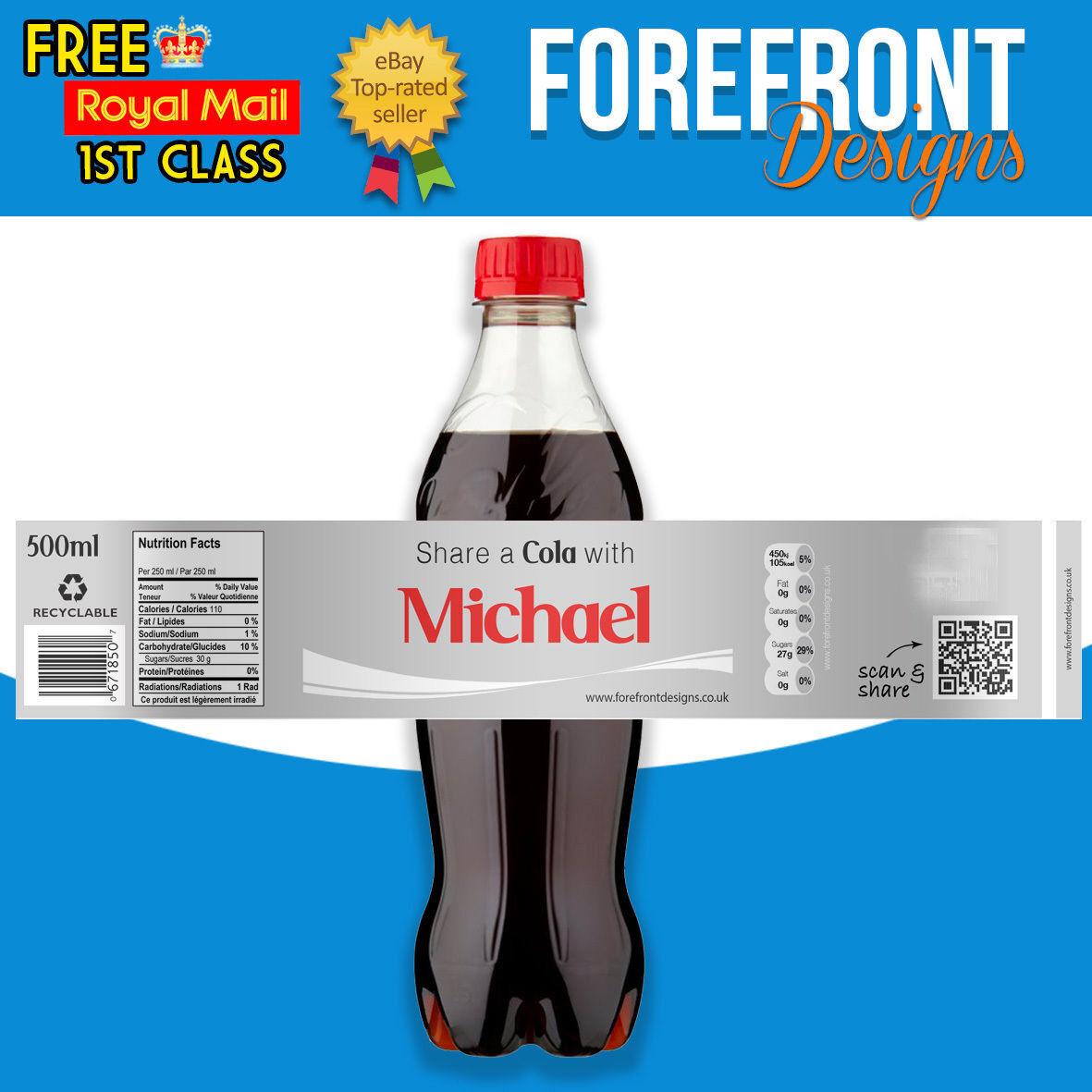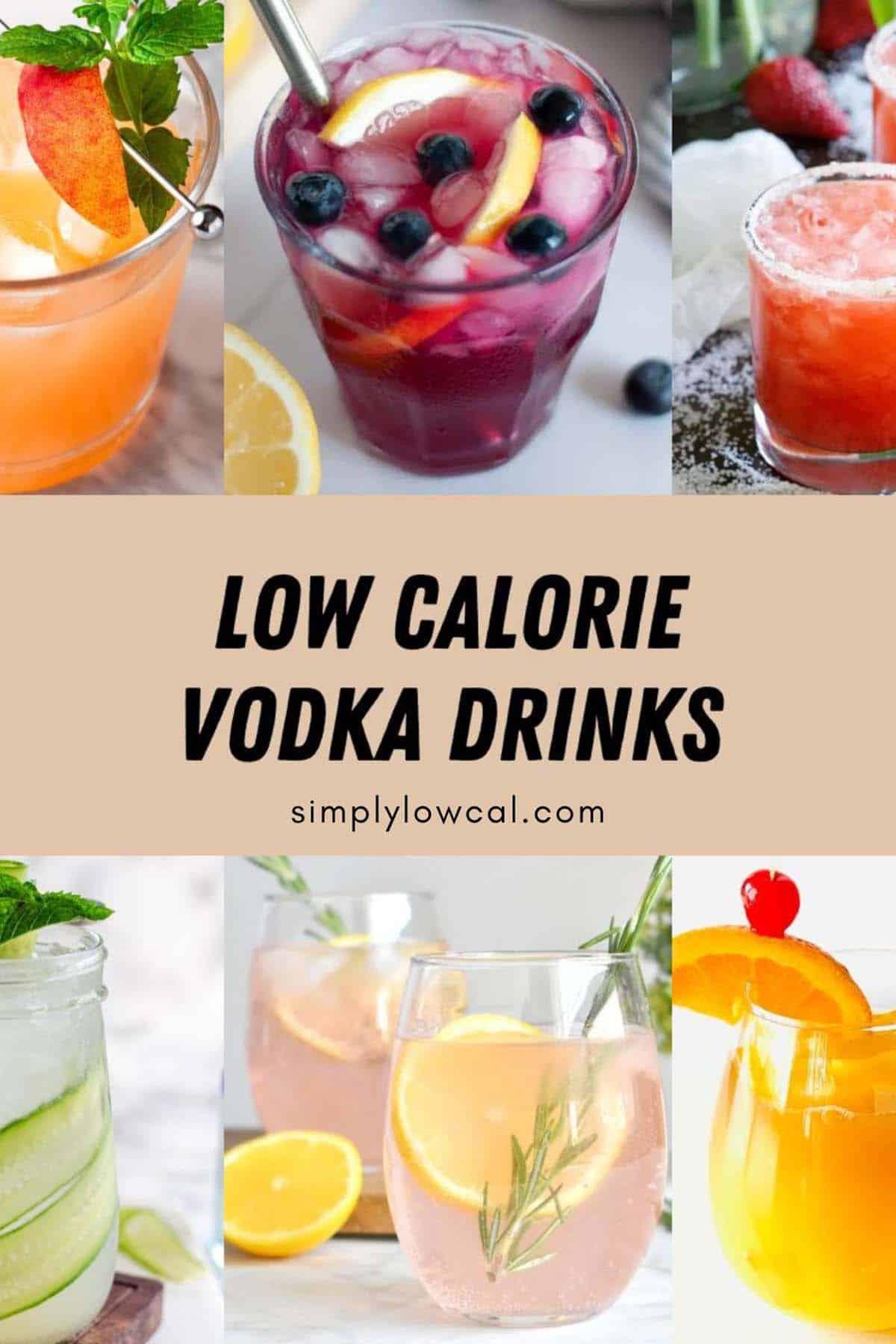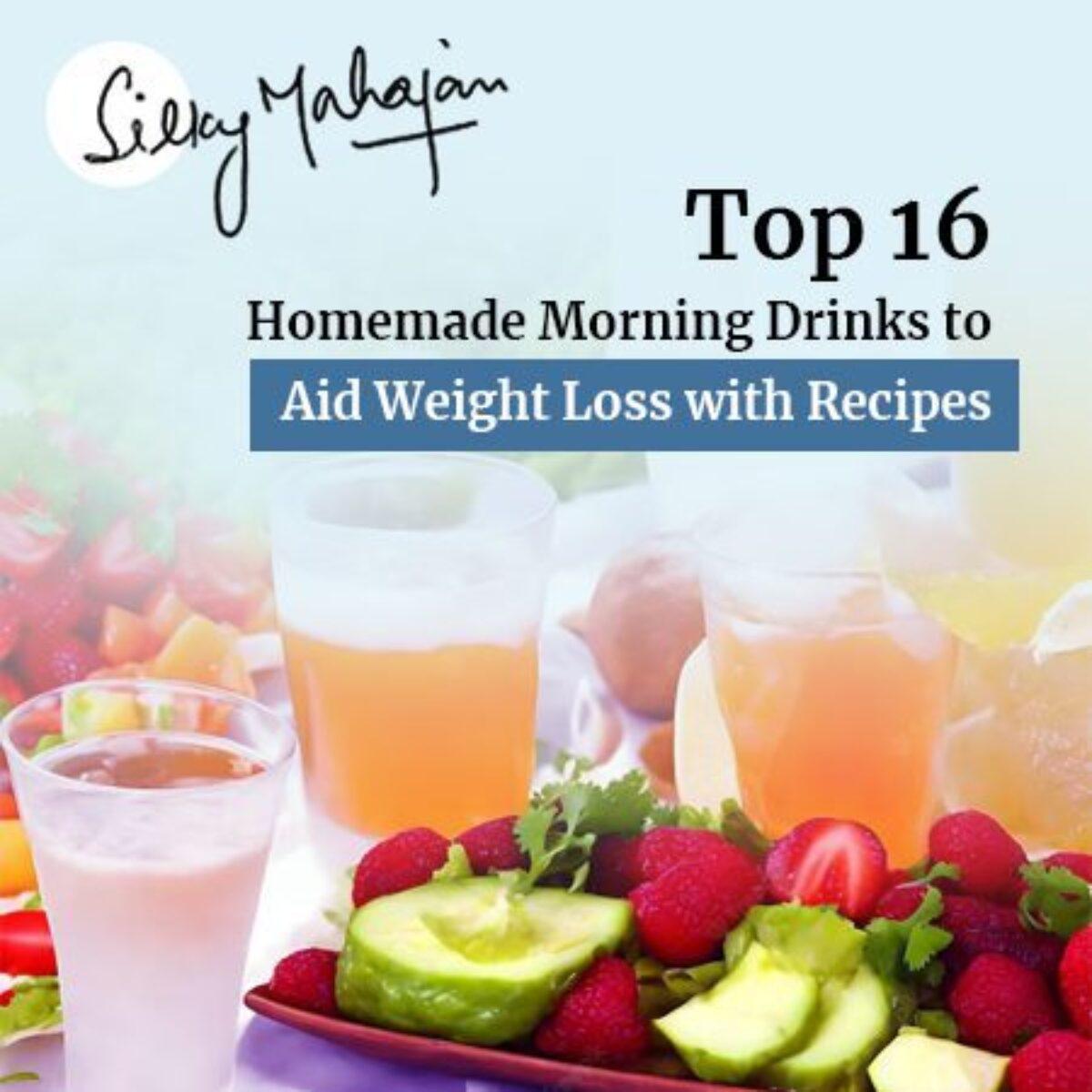Are you feeling overwhelmed by all the weight loss tips and diet fads out there? You’re not alone! Many of us find ourselves caught in the constant cycle of trying to shed those extra pounds, often battling cravings and confusion about what really works. In this article, we’ll dive into the world of weight loss diet drinks – the good, the bad, and everything in between. You’ll discover practical insights, tasty options, and a few simple guidelines to help you navigate your choices and find what might truly support your weight loss journey. So, grab a cup of your go-to beverage and join me as we explore how these drinks can fit into your lifestyle and maybe even make your journey a bit smoother.

Understanding the Role of Diet Drinks in Weight Loss Strategies
When you stroll down the beverage aisle, diet drinks often grab your attention with their enticing labels promising guilt-free sweetness. But do they truly fit into a weight loss strategy, or are they just a mirage in the desert of diet culture? It’s essential to peel back the layers and examine what’s really in that can. While these drinks boast lower calories compared to their sugary counterparts, the question remains: do they truly aid in weight loss, or might they be stalling your progress? Research, like a study published in the American Journal of Clinical Nutrition, suggests that while diet sodas can provide a low-calorie alternative, their long-term effects on metabolism and appetite regulation can be complex.
Have you ever noticed how diet drinks might lead to cravings for more sweet-tasting foods? It’s a phenomenon known as sensory-specific satiety, where your body starts to prefer the sweet tastes, even if they’re artificial. This could possibly mean that, rather than reducing overall calorie intake, diet drinks may inadvertently cause you to consume more calories from other sources. Thinking about that, it’s crucial to not simply swap your sugary soda for a zero-calorie alternative. Instead, consider balancing your intake—incorporating whole foods and plenty of water in addition to limited diet soda. Finding your rhythm is key to a successful weight loss journey; it isn’t merely about cutting calories but fostering a lifestyle that values nutrition.
So, if you decide that diet drinks are part of your strategy, how can you make them work for you without falling into the pitfalls? Start by setting clear boundaries: limit your intake—maybe to one drink a day and always accompany it with water. Another tip is to focus on mindfulness while eating and drinking. Pay attention to how your body feels after indulging in a diet drink versus when you’re hydrating with something like herbal tea or infused water. Tracking your experiences can be an eye-opening exercise. And while you’re exploring beverage options, don’t hesitate to check out insights from reputable health sources like the Centers for Disease Control and Prevention. Ultimately, the goal isn’t just weight loss but creating a healthy relationship with food and drink—one sip at a time!

The Ingredients Matter: Decoding Labels on Your Diet Beverage Choices
When it comes to diet beverages, the label is your first line of defense—but it can also be a maze of confusing terms and marketing jargon. Ever wondered what “natural flavors” really means? Spoiler alert: it can be anything from fruit extracts to synthetic additives. Brands often hide behind vague terms to maintain an image of healthiness while still packing in the hidden sugars or chemical sweeteners that can sabotage your weight loss goals. Before you grab that fizzy drink, take a moment to decode the buzzwords. Understanding the difference between artificial sweeteners, like aspartame and sucralose, can empower you to make choices that truly align with your health objectives.
On the flip side, let’s talk about those “zero-calorie” claims that seem like a dream come true for dieters. While it’s easy to assume that if something has no calories, it can’t be bad for you, research suggests that the artificial sweeteners used in these drinks might trick your body into craving more sugar later. A study published in Nature found that consuming non-nutritive sweeteners can alter our gut bacteria and throw our metabolism off-kilter. This begs the question: are we really doing our bodies a favor by opting for these seemingly guilt-free options?
So what can you do? Start reading your labels like a pro and consider these actionable steps: 1. Determine your sweetener preference—do you want natural options like stevia or monk fruit? 2. Prioritize transparent brands that provide full ingredient lists without the fluff. 3. Don’t be fooled by marketing; look for third-party certifications to ensure the quality of your drink. Armed with this knowledge, you can navigate the dizzying world of diet beverages with confidence, making choices that not only taste good but also support your journey towards a healthier you.

Balancing Flavor and Health: Choosing the Right Low-Calorie Drink
When it comes to choosing a low-calorie drink, it’s easy to get lost in the sea of options available on grocery store shelves. From flavored sparkling waters to zero-calorie sodas, the variety can be both exciting and overwhelming. But here’s the kicker: not all calorie-free drinks are created equal. Many are packed with artificial sweeteners and additives that could leave you craving more sugar later. Have you ever found yourself reaching for a second round of that “healthy” drink, only to later wonder why your sweet tooth feels insatiable? Research suggests that consuming excessive artificial sweeteners can actually heighten cravings for sweets, which is counterproductive if you’re trying to manage your weight (https://www.ncbi.nlm.nih.gov/pmc/articles/PMC6691015/).
To truly balance flavor with health, consider reaching for drinks that use natural ingredients. Think *infused water* with slices of citrus or berries, which not only provide hydration but also essential vitamins and antioxidants. You might even experiment with making your own herbal teas—they can be refreshing, full of health benefits, and completely customizable. For a pop of flavor, add a splash of fresh lemon juice or a few leaves of mint. These beverages are low in calories and help keep your taste buds engaged without the guilt. Here’s a quick idea to get you started: 1 part sparkling water and 1 part unsweetened iced tea with a dash of honey can satisfy your craving for something refreshing and sweet without the excess calories!
Don’t forget to consider the role of hydration in your weight loss journey. Staying well-hydrated can actually aid in controlling appetite and reducing overall calorie intake. When your body is adequately hydrated, it’s easier to distinguish between thirst and hunger cues. A simple trick is to have a glass of water before meals—this can lead to decreased calorie consumption. Perhaps set a goal to try out one new drink each week! It doesn’t have to be bland; in fact, with a little creativity, you can enjoy something that feels indulgent while still being health-conscious. And who knows? You might just discover your new favorite beverage along the way!

Hydration and Weight Loss: How Diet Drinks Fit into Your Daily Routine
When we talk about hydration in the context of weight loss, it’s easy to get wrapped up in the idea that only water does the job. But have you ever considered what a role diet drinks can play in your daily routine? They can be more than just a guilty pleasure; they can actually support your hydration goals without adding those pesky calories. Imagine reaching for that fizzy, zero-calorie soda instead of a sugary counterpart. Not only are you quenching your thirst, but you’re also sidestepping a significant calorie overload. It’s a savvy little loophole, isn’t it? Still, moderation is key, as sometimes those sweeteners can leave you craving more.
In fact, there’s recent research indicating that diet drinks can have an impact on satiety and appetite. One study published in the Journal of Nutrition highlighted that while diet sodas don’t add calories, they can trick your brain into thinking it hasn’t consumed anything. This could lead you to crave more food. So, while it’s great to enjoy that bubbly refreshment, staying mindful about accompanying food choices is essential. Consider it a balancing act—how are you feeling after indulging in that drink? Are you hungry soon after? Understanding this relationship can help you create balanced meal plans that won’t leave you feeling deprived.
To make the most out of incorporating diet drinks into your routine, consider setting some guidelines for yourself. Here are a few tips to start with:
- Hydrate Wisely: Use diet drinks as a treat during meals or in place of high-calorie beverages rather than your primary source of hydration.
- Mind Your Portions: Serving sizes matter. Stick to one serving to enjoy the flavor without overindulging.
- Listen to Your Body: Pay attention to how your body reacts after consuming diet drinks. Does it leave you feeling satisfied or wanting more?
Taking these steps can foster a healthier relationship with these beverages, ultimately supporting your weight loss journey. Your choices should empower you, not confuse you.

Smart Recommendations: Top Diet Drinks to Consider for Your Journey
When it comes to diet drinks, choices abound, but not all are created equal. Have you ever found yourself staring at the beverage aisle, overwhelmed by the variety of enticing labels, claiming they’ll help you shed pounds? It’s easy to get lost in the marketing hype, so let’s peel back some layers and look at options worth considering. For instance, sparkling water is a refreshing alternative that keeps the fizz without the calories, making it a great way to stay hydrated while avoiding sugary sodas. Add a splash of your favorite fruit juice or some herbs like mint or basil for an extra kick, turning hydration into a mini culinary adventure!
Among the myriad of diet drinks, herbal teas deserve a spotlight. Not only do they come in a variety of flavors to satisfy any palate, but many herbal teas—like green tea and rooibos—are linked to metabolism boosts and antioxidant benefits. It’s fascinating to think about how sipping a warm cup could also aid weight management! You might want to experiment with iced versions in the summer for a crisp, refreshing twist. And if you’re intrigued by the science, consider diving into studies from NIH that detail herbal tea’s potential benefits on weight loss.
Don’t forget about low-calorie flavored waters or infusions as alternatives to traditional sugary beverages. They can be surprisingly flavorful and satisfying—think about that subtle hint of cucumber or citrus that can brighten your day. Another great option is Protein shakes, especially post-workout for muscle recovery without the added sugars. Not only do they help keep you full longer, but they also support healthy weight management. Just be cautious with pre-packaged versions, as some can be loaded with hidden sugars and additives. Always read the labels! Making mindful choices isn’t just about cutting calories; it’s about enriching your body with nourishing, flavorful options that make your journey enjoyable.
What This Means for You
As we’ve explored the myriad options available in the world of weight loss diet drinks, it’s clear that they can be a helpful addition to your wellness journey when chosen wisely. With an array of flavors and formulations, these beverages can provide convenience and a little extra boost. However, always remember that they shouldn’t be seen as a substitute for healthy eating and regular physical activity. So why not add a delicious, low-calorie drink to your routine and see how it complements your goals? We’d love to hear about your experiences with diet drinks and how they fit into your lifestyle. Have you found a go-to favorite that keeps you energized? Whatever path you choose, stay motivated and keep experimenting—you might just find the perfect blend that works for you! Let’s raise a glass to our health and to the exciting journey ahead!





